- Your cart is empty
- Continue Shopping
Supacef 1.5gm Powder for Injection is an antibiotic medicine used to treat a wide range of bacterial infections. It belongs to the cephalosporin class of antibiotics and works by stopping the growth of harmful bacteria. This medicine is given by a healthcare professional as an injection, usually in a hospital or clinic setting.
Uses of Supacef Injection
-
Treatment of respiratory tract infections (lungs, throat)
-
Urinary tract infections
-
Skin and soft tissue infections
-
Bone and joint infections
-
Abdominal and pelvic infections
-
Preventing infections during and after surgery
Benefits of Supacef Injection
-
Effectively kills a wide variety of bacteria
-
Helps relieve symptoms such as fever, pain, and inflammation caused by infections
-
Supports faster recovery when used with proper medical care
-
Useful in both simple and severe infections
Possible Side Effects
Common side effects may include:
-
Pain, redness, or swelling at the injection site
-
Diarrhea or stomach upset
-
Nausea or vomiting
-
Rash or mild allergic reaction
Serious side effects (rare):
-
Severe allergic reactions (swelling, breathing difficulty)
-
Persistent diarrhea or blood in stool (possible sign of severe intestinal infection)
If you experience severe or unusual side effects, inform your doctor immediately.
How It Works
Supacef Injection contains a broad-spectrum antibiotic that kills bacteria by preventing them from forming their protective cell wall. This stops the infection from spreading and allows the body to heal.
How to Use
-
Given only by a doctor or nurse as an injection into a vein (IV) or muscle (IM).
-
Dose and duration depend on your age, weight, infection type, and overall health.
-
Complete the full course as advised, even if you start feeling better, to avoid recurrence or resistance.
Safety Advice
-
Not effective against viral infections like cold or flu.
-
Inform your doctor if you have a history of kidney disease, liver disease, stomach problems, or allergies to antibiotics.
-
Pregnant or breastfeeding women should use it only on doctor’s advice.
-
Alcohol should be avoided while taking antibiotics unless approved by your doctor.
Missed Dose
Since this medicine is given in a clinical setting, chances of missing a dose are very low. However, if a dose is missed, it should be given as soon as possible under medical supervision.




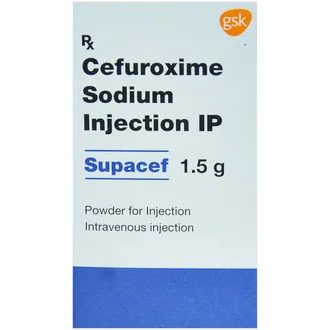
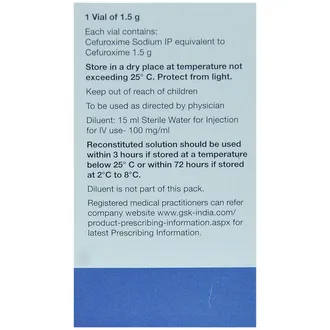
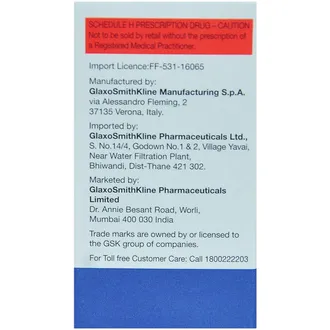
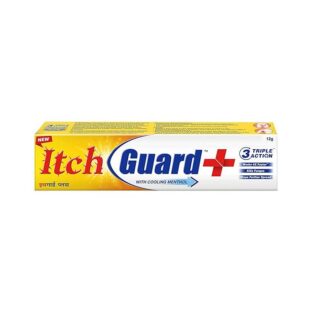
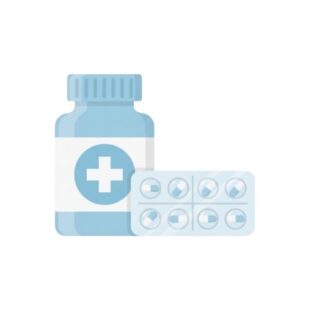

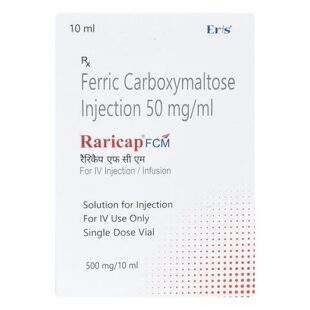
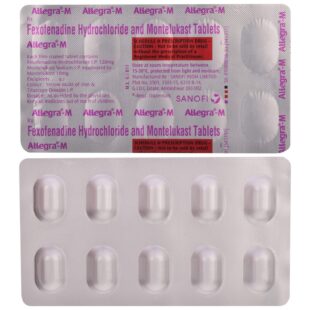
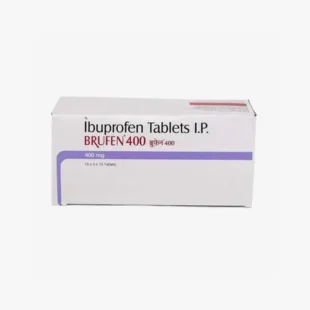


Reviews
There are no reviews yet.